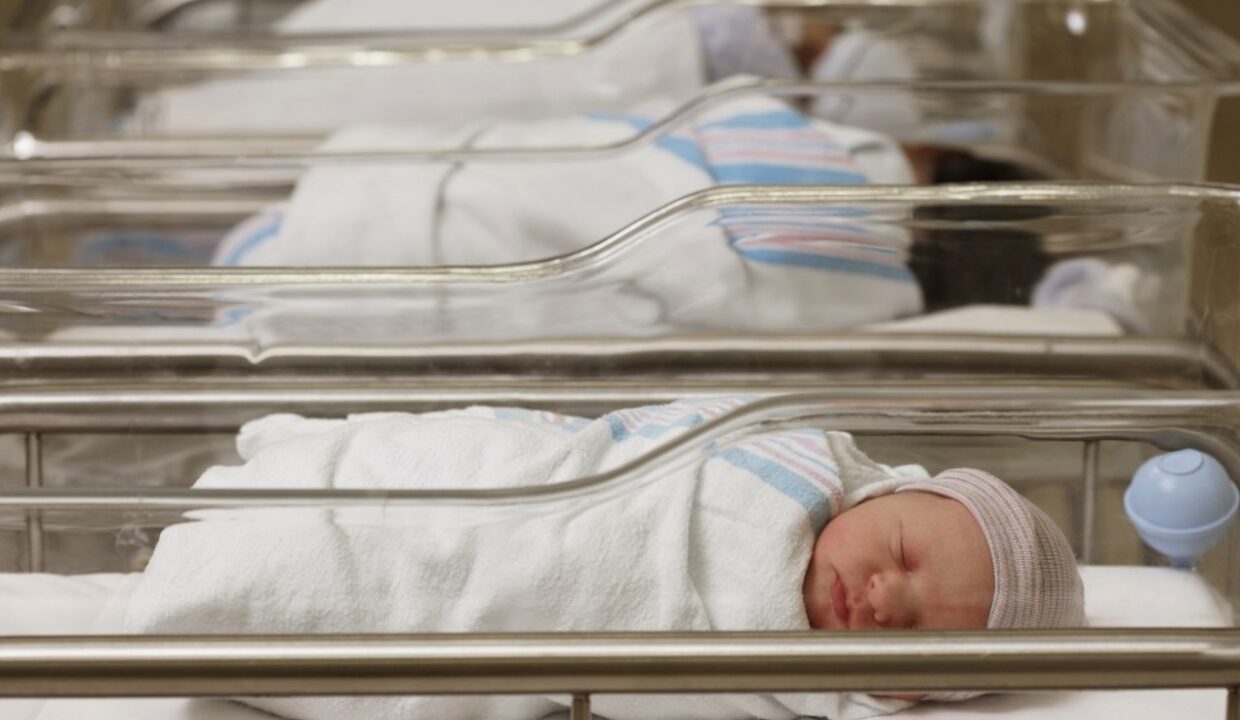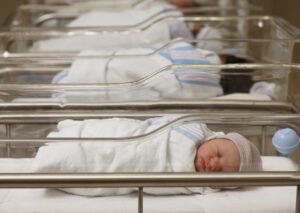
뉴질랜드, 80년 만에 기록된 최저 출산율…지속적 감소세
New Zealand Records Lowest Birth Rate in 80 Years, Sustained Decline
New Zealand has reported its lowest natural population growth in 80 years, according to statistics released on the 19th. The number of births exceeding deaths dropped by 1,242, totaling 19,071, marking the second-lowest figure since World War II.
Stats NZ revealed that in the year 2023, there were 56,955 births and 37,884 deaths in New Zealand. The birth rate decreased by 1,932 compared to the previous year, while deaths decreased by 690. Notably, the average age of death for men was 79, and for women, it was 83.
Population analyst Rebekah Hennessey explained, “While the number of deaths in 2023 slightly decreased compared to the previous year, it increased compared to 2021.”
During this period, the average life expectancy for newborns in New Zealand was 80.3 years for males and 83.7 years for females. This showed a slight increase compared to 2017-2019 but a slight decrease compared to 2020-2022.
The impact of the COVID-19 pandemic and an aging population led to a lower-than-expected increase in life expectancy in 2022, which saw the highest number of deaths.
Regarding this, Hennessey stated, “Normally, as the population grows and ages, the number of deaths increases, but the number of births is influenced by social and demographic changes.”
In 2023, New Zealand’s fertility rate also decreased. The registered births totaled 56,955, a decrease from 58,887 in 2022. Despite a 3% increase in the fertility rate among women aged 15-49, the number of births in 2023 reached its lowest point in 20 years.
Along with the decline in fertility rates, the fertility rate per woman was 1.56, significantly below the 2.1 required to maintain the population. As a result, New Zealand is facing ongoing population decline.
Rebekah Hennessey explained, “The recent decline in fertility rates is associated with the reduction in family size and the increase in households without children,” adding, “Changes in the age at which women give birth also affect the overall fertility rate.”
Meanwhile, the average age of pregnant women in New Zealand has remained around 31.3 since 1999.
RNZ reported that globally, rising levels of women’s education, increased participation in the workforce, and improved accessibility to contraception are identified as key reasons for the decline in birth rates.

뉴질랜드, 80년 만에 기록된 최저 출산율…지속적 감소세
뉴질랜드는 지난 해 자연 인구 증가가 80년 만에 최저치를 기록했다고 19일 발표된 통계에 따르면 밝혀졌다. 출생자가 사망자를 능가한 수치는 2022년보다 1,242명 줄어든 19,071명에 그쳤으며, 이는 제2차 세계대전 이후 두 번째로 낮은 수치로 등장했다.
통계청(Stats NZ)은 2023년 한 해 동안 뉴질랜드에서의 출생자는 56,955명, 사망자는 37,884명으로 집계됐다고 밝혔다. 출생자 수는 전년 대비 1,932명 감소한 수치로, 사망자는 690명 줄었다. 특히, 남성의 평균 사망 연령은 79세, 여성은 83세로 나타났다.
인구 통계 분석가 레베카 헤네시(Rebekah Hennessey)는 “2023년의 사망자 수는 전년에 비해 소폭 감소했지만 2021년 대비 증가했다”고 설명했다.
이 기간 동안 뉴질랜드의 신생아 평균 기대수명은 남자는 80.3세, 여자는 83.7세로 나타났다. 이는 2017-2019년 대비 약간 상승하였지만, 2020-2022년과 비교하면 다소 감소한 수치로 나타났다.
코로나19 팬데믹과 인구 고령화로 인한 영향으로 2022년 최다 사망자가 나온 데에 따라 기대수명이 예상보다 적게 늘어났다.
이와 관련하여 헤네시는 “일반적으로는 인구가 증가하고 고령화될수록 사망자 수가 늘어나는 것이 일반적이지만, 출생자 수는 사회적 및 인구통계학적 변화에 영향을 받는다”고 설명했다.
2023년 뉴질랜드의 정상 출산율도 낮아진 것으로 나타났다. 등록된 출생자는 총 56,955명으로, 2022년의 58,887명보다 감소했다. 특히 15~49세 여성의 출산율은 3% 증가했음에도 불구하고 2023년의 출생아 수는 20년 만에 최저치를 기록했다.
출산율의 감소와 함께 여성 1인당 출산율은 1.56명으로, 인구를 유지하기 위해 필요한 출산율인 2.1명에 크게 못 미치는 수치로 나타났다. 이로 인해 뉴질랜드는 지속적으로 인구 감소에 직면할 전망이다.
레베카 헤네시는 “최근 출산율 감소는 가족 규모의 축소 및 자녀 없는 가구 비율의 증가와 관련이 있다”며 “출산 연령의 변화도 전체 출산율에 영향을 미친다”고 덧붙였다.
한편, 뉴질랜드의 임산부 평균 연령은 31.3세로 1999년 이후 약 30세를 유지하고 있다.
RNZ는 세계적으로 여성의 교육 수준 상승과 직업 참여 증가, 그리고 피임 수단 접근성 향상 등이 출산율 감소의 주요 이유로 지목되고 있다고 전했다.
